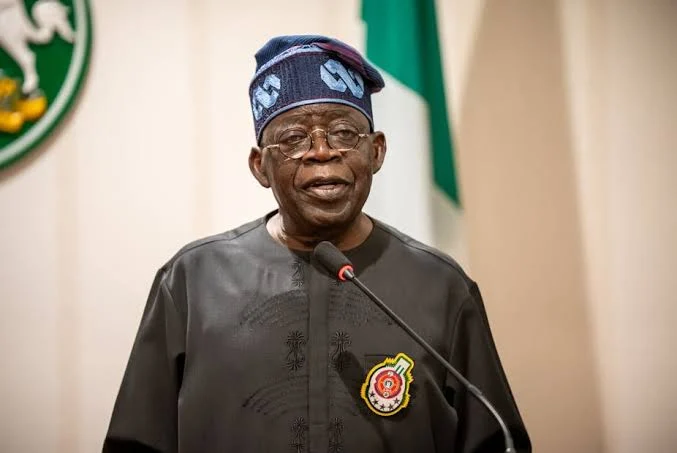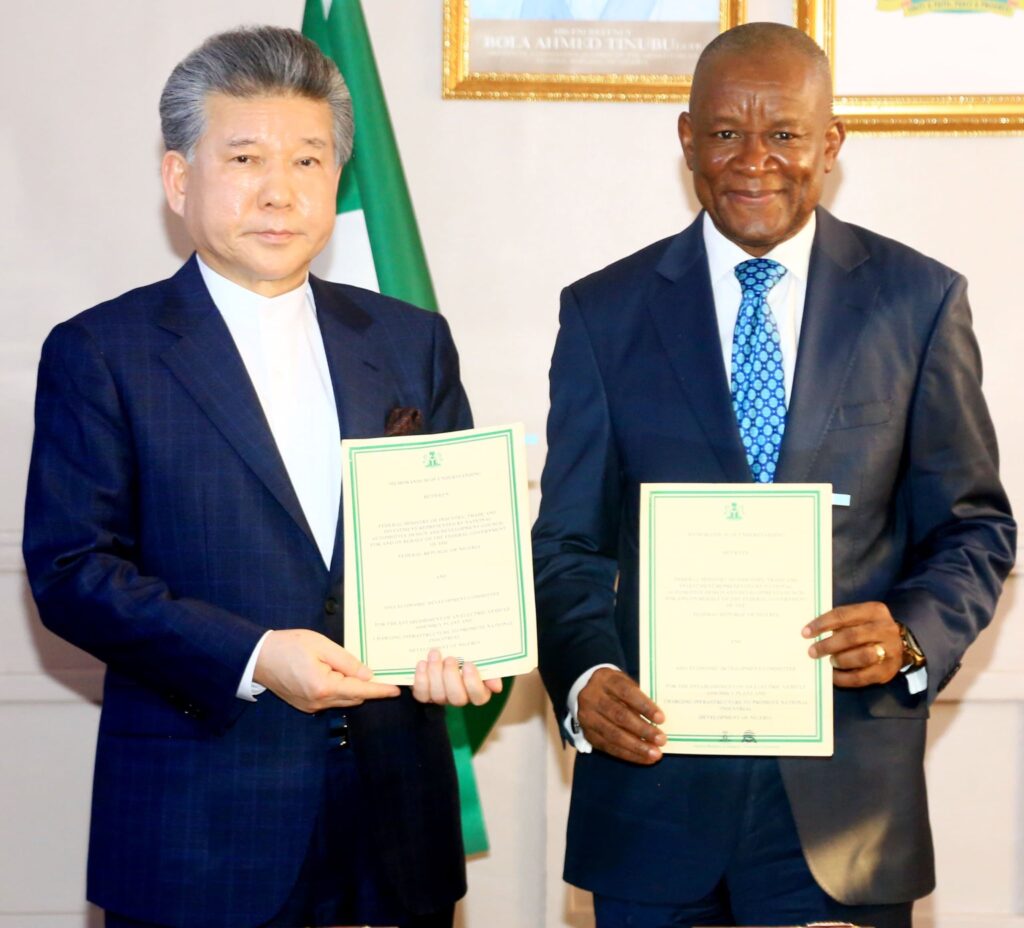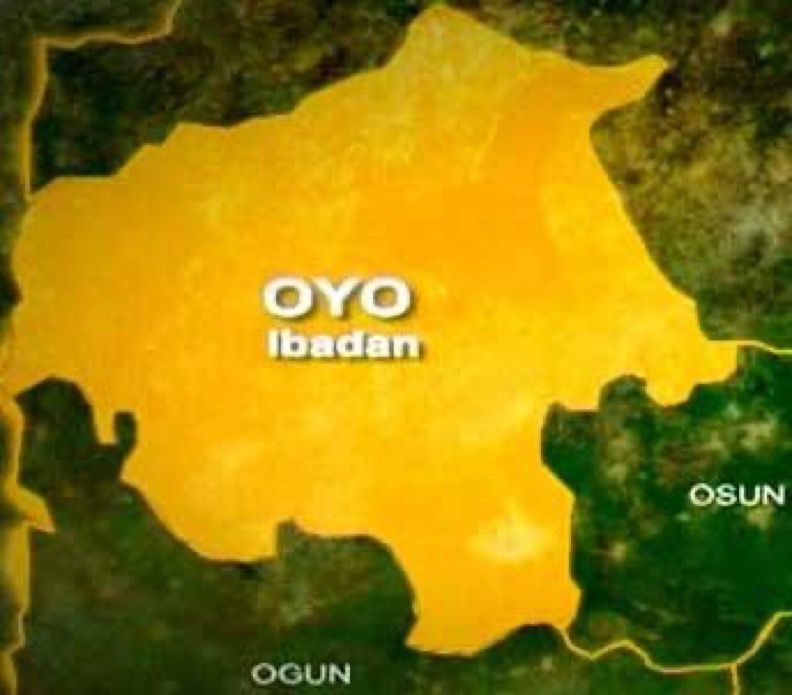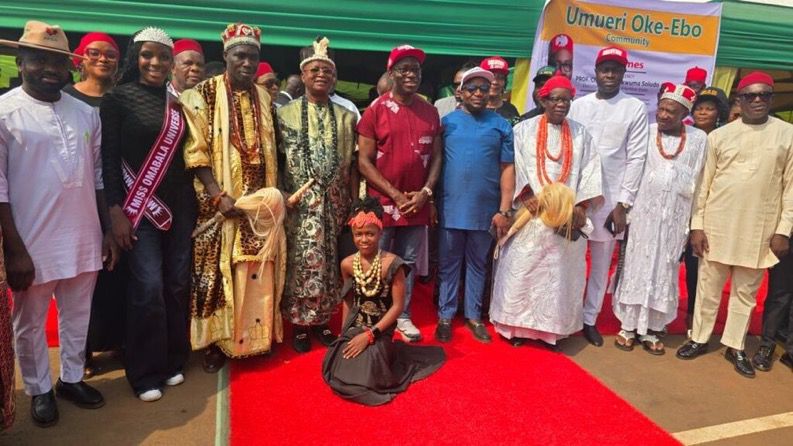Ganduje’s Son Distributes Tricycles, Agricultural Inputs to 3,000 Kano Youths
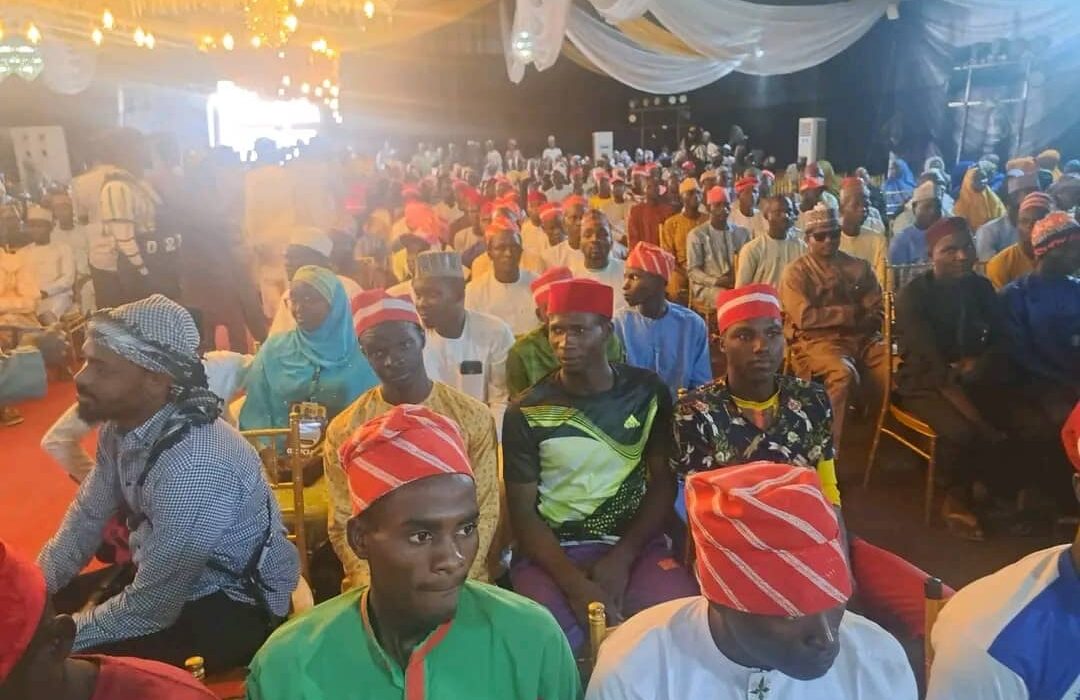
Umar Abdullahi Umar, son of former Kano State Governor and ex-APC National Chairman Abdullahi Umar Ganduje, has empowered over 3,000 youths across Kano State by distributing tricycles, mini-trucks, solar-powered irrigation pumps, fertilisers, herbicides, improved seedlings, and other agricultural tools.
The event, held at the Armani Event Centre in Kano, marked the first phase of Umar’s youth empowerment initiative aimed at promoting self-reliance, entrepreneurship, and agricultural productivity among young people in all 44 local government areas of the state.
Umar, who serves as the Executive Director (Technical Services) at the Rural Electrification Agency (REA), assured beneficiaries that this distribution is just the beginning, with more phases planned in the future.
Speaking at the launch, Umar emphasized that while his constituency is Tofa/Dawakin-Tofa/Rimin-Gado Federal Constituency, the programme covers the entire state.
He noted that the empowerment effort is designed to provide youths with the resources needed to start or expand businesses, particularly in farming and transport.
Beneficiaries expressed gratitude for the support. Aminu Ahmad, one of the recipients, said the fertilisers and farm inputs would help resume farming activities disrupted by rising costs, while others appreciated the tricycles and mini-trucks for boosting their small businesses.
The ceremony also coincided with a political event, where Umar received over 500 defectors from the New Nigeria Peoples Party (NNPP) into the ruling All Progressives Congress (APC). He assured the new members of full integration into the party structure, highlighting the political significance of the empowerment initiative.
The programme is seen as a strategic effort to combine youth empowerment, agricultural development, and political engagement in Kano State.
Observers note, however, that the long-term impact will depend on the proper utilisation of distributed resources and the sustainability of the programme in future phases.


